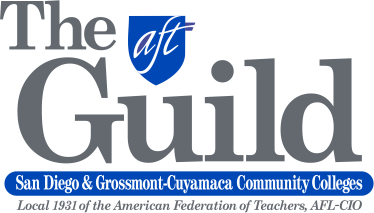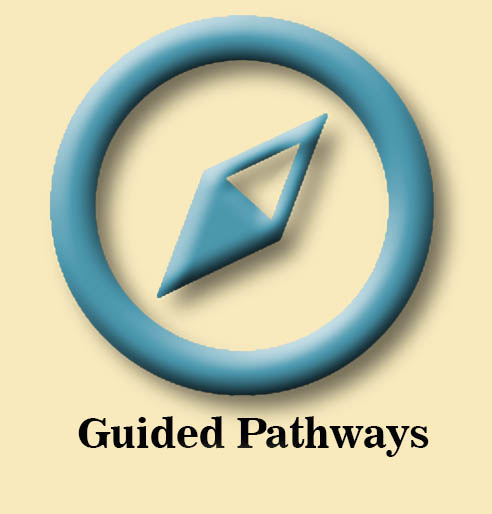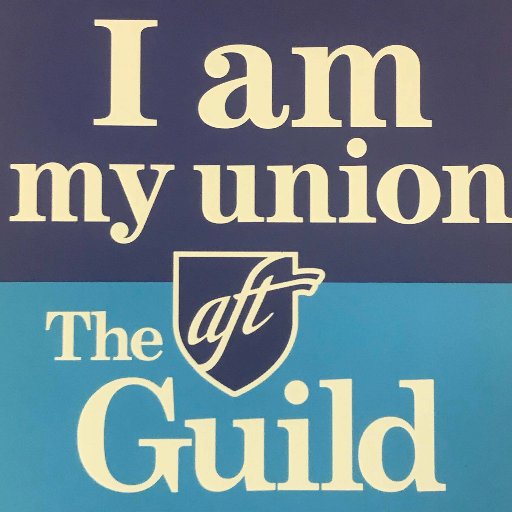Background: In the fall of 2017, after concerns had begun to surface regarding the implementation of Guided Pathways at Miramar, City, Mesa, Grossmont, and Cuyamaca Colleges, the AFT voted to convene a Guided Pathways Subcommittee to gather information about what was being done at the campuses, what the mandates were from the state, and what was being asked of faculty and staff. In the process of gathering this information, the GP Subcommittee felt that putting together a list of questions that expressed the various concerns/issues in a clear and organized manner could be of use to those tasked with realizing Guided Pathways on the campuses. Thus, these questions reflect the concerns of not just City College faculty and staff, but those of people from 5 campuses in various stages of implementation. They also take into account the history of the GP initiative as well as the manner with which GP has been realized at schools and in districts around the country.
I. Impact on Students
1. Guided Pathways seems to be oriented around full-time students. How will it address the
needs of students who can’t attend full-time due to e.g. family or work responsibilities?
2. Under the implementation of Guided Pathways, what will happen to students who want
to change majors?
3. Are there any identifiable student populations which might be harmed by these
initiatives?
4. Won’t this streamlining of educational pathways have the effect of denying educational
opportunities to lower-socioeconomic students? Won’t our students be denied
educational opportunities available to richer students at, e.g. the UC’s, the Cal States,
and private colleges and universities? Won’t this have the effect of increasing equity
gaps in society?
5. A benefit of the community college is that students have the opportunity to explore
subjects and discover areas of interest through general education classes. How will the
Guided Pathways framework serve the interests of initially undecided students so that
they pursue vocational tracks that fit their talents and/or ultimately transfer to upperdivision
studies in majors that they have chosen by volition, rather than by default? In
the final analysis, is that not a genuine indicator of “student success” ?
6. How will Guided Pathways impact our mission to serve lifelong learners?
II. Impact on Programs
7. What are meta-majors? What implications will these have for courses/enrollment within
existing programs?
8. Given that the Guided Pathways program seems to be so focused on certificates,
degrees, and jobs, when it is imposed throughout the college curriculum, what will
happen to programs whose primary focus is preparing students for transfer to 4-year
schools?
III. Impact on Faculty and Classified Professionals
9. How will faculty (both adjunct and tenure-line) and classified professional staff be
compensated for the additional work associated with Guided Pathways implementation?
10. What will happen to our initiatives/assigned classified professionals etc., once the limited
grant money for Guided Pathways runs out?
11. What will the final impact on counseling services be? If faculty are asked to take on a
larger role advising students, will counseling staff be cut? How will this impact students?
12. Do you understand the 14 Key Elements that constitute Guided Pathways? Do all
stakeholders, in fact, share common understanding of the principles? If not, how can
we proceed in changing the curriculum?
IV. Impact on the College
13. What are the existing programs already in place that support Guided Pathways? To what
extent are we just reinventing the wheel?
14. We have seen many schools use Guided Pathways to diminish or eliminate courses,
programs, and majors. How can we ensure that we continue our mission to be a
comprehensive educational institute?
15. Do we have the funds/existing resources/staff in place to effectively implement these
proposed Guided Pathways elements?
16. What is the nature of “substantive feedback” in the planning stage? Do 3- or 5-minute
conversations count?





